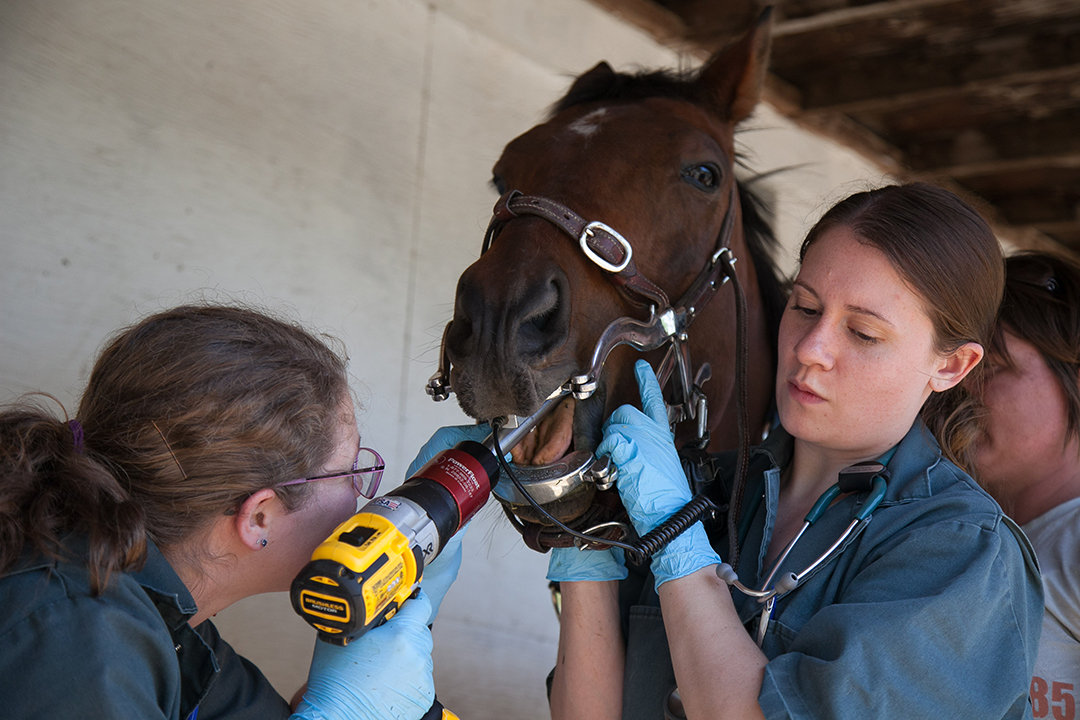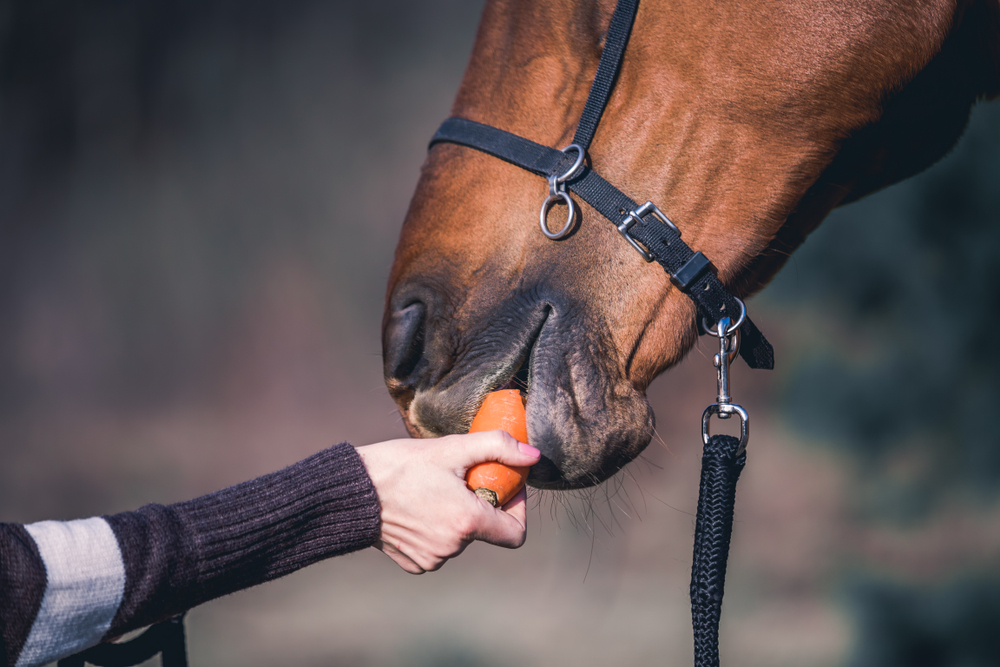Horses, much like humans, can suffer from a variety of mouth injuries that can lead to discomfort and health issues. These injuries can be caused by a number of factors including improper bit fit, dental problems, or even traumatic events. Understanding the nature of these injuries, their causes, and how to address them can greatly enhance the quality of life for your equine companion.

Common Causes of Mouth Injuries in Horses
Many horse owners may be unaware of the common causes of mouth injuries in their horses. Factors such as ill-fitting bridles, sharp dental points, and inappropriate feeding practices can all contribute to these injuries. Additionally, habits such as cribbing can exacerbate oral damage.
The Role of Equine Dentistry
Regular dental check-ups are crucial for preventing mouth injuries. An equine dentist can identify issues like overgrown teeth, ulcers, or misaligned jaws which can cause significant discomfort. For more on the importance of dental care, visit this horse dental exam.
Proper Bit and Bridle Fit
Ensuring that a horse’s bit and bridle fit correctly is essential in preventing mouth injuries. A poorly fitted bit can cause sores and abrasions, leading to pain and behavioral issues. To learn more about what to check for, see this mouth exam checklist.
Recognizing Symptoms of Mouth Injuries
Recognizing the symptoms of mouth injuries can be challenging. Horses may exhibit signs such as refusal to eat, head tossing, or even weight loss. Promptly addressing these symptoms with the help of a veterinarian is crucial.
Behavioral Changes
Horses often display behavioral changes when experiencing mouth pain. These might include reluctance to accept the bit, head shaking, or difficulty chewing. If your horse won’t chew hay, it might be a sign of a dental issue. Explore more about this on horse won’t chew.
Physical Signs
Physical signs of mouth injuries can include swelling, bleeding, or the presence of ulcers. Regular checks of your horse’s mouth can help detect these signs early.
Preventative Measures for Mouth Injuries
Prevention is always better than treatment. Implementing preventive measures can greatly reduce the risk of mouth injuries. Regular dental visits, proper nutrition, and ensuring appropriate tack fit are all effective strategies.
Importance of Dental Health
Maintaining your horse’s dental health is a key preventative measure. Regular floating and exams help keep teeth in good condition and prevent painful issues. For more on dental care, consider reading the dental aging guide.
Choosing the Right Equipment
Properly fitted tack can prevent many mouth injuries. Consulting with a tack specialist to ensure a custom fit can prevent discomfort and injury.
Treatment Options for Mouth Injuries
If a horse suffers from a mouth injury, there are several treatment options available. These can range from dietary changes to surgical interventions, depending on the severity of the injury.
Professional Veterinary Care
Seeking professional veterinary care is essential for diagnosing and treating serious mouth injuries. A veterinarian can provide medications, perform surgeries, or suggest dietary adjustments as needed. For more on post-surgery care, you can read this dental care guide.
Home Remedies and Care
Some mild mouth injuries can be managed at home with proper care and attention. This might include using saline rinses or applying soothing gels to affected areas.
Conclusion
Understanding and addressing mouth injuries in horses is crucial for their overall health and well-being. By recognizing the signs, seeking timely veterinary care, and implementing preventive measures, you can help ensure your horse leads a happy, healthy life. For more detailed information about horse mouth health, you can check the recommendations on this external resource.

Frequently Asked Questions
What are the most common mouth injuries in horses?
Common mouth injuries include cuts, ulcers, and tooth fractures. These can be caused by sharp teeth, ill-fitting tack, or trauma.
How can I tell if my horse has a mouth injury?
Signs of a mouth injury include difficulty eating, drooling, head shaking, and visible sores. Regularly checking your horse’s mouth can help detect these signs early.
Can mouth injuries in horses heal on their own?
Some minor mouth injuries may heal on their own with proper care, but it is always best to consult with a veterinarian to ensure no further complications arise.
This article contains affiliate links. We may earn a commission at no extra cost to you.
